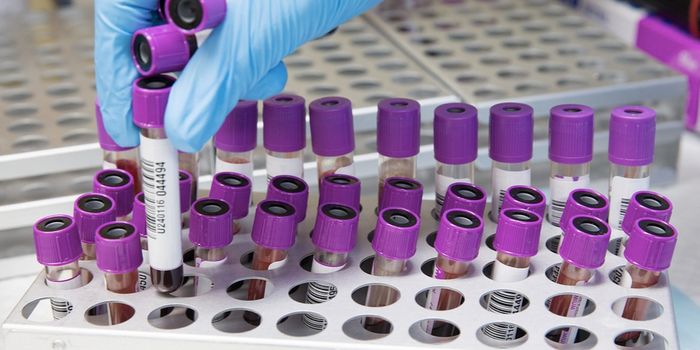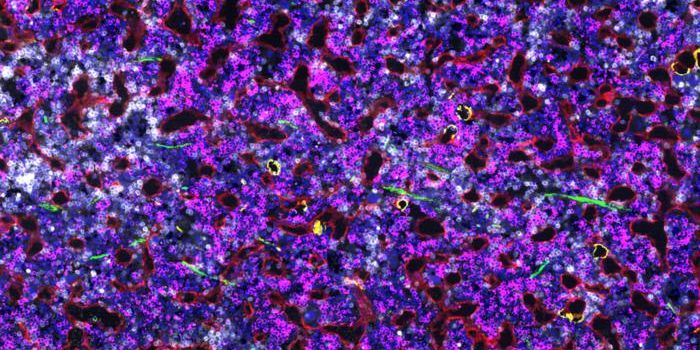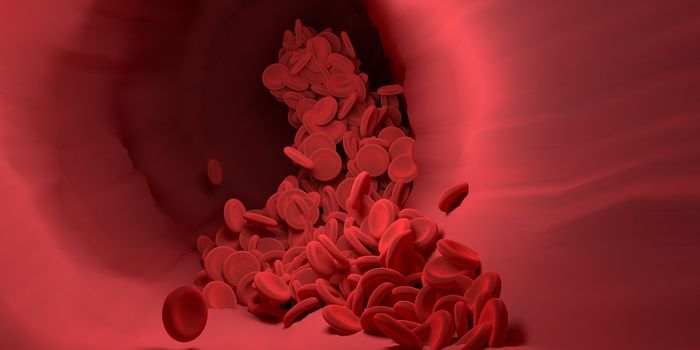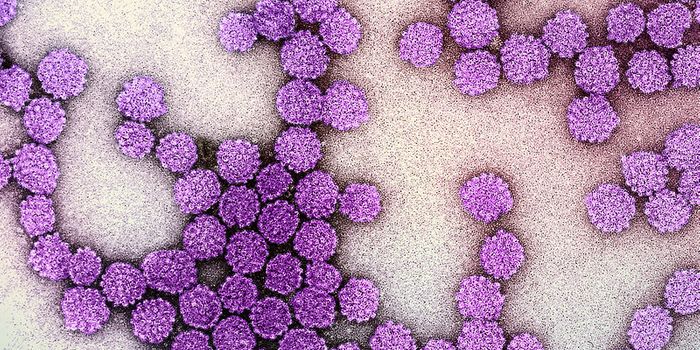Selenium Could Improve the Efficacy of Cancer Therapies
Many elements double as biologically vital minerals required by the body for normal functioning and general health. Selenium (Se) represents one of these crucial elements essential in many biological functions. Se functions as “selenoproteins,” 25 of which scientists have identified. Selenoproteins regulate metabolism, DNA synthesis, protection from DNA damage, and the immune response against infection.
Naturally present in certain foods, like seafood, eggs, mushrooms, chicken, and whole grains, and available as a dietary supplement, the body actively absorbs Se and its derivatives. Once absorbed, Se synthesis occurs in several complex stages. Our bodies mainly maintain Se homeostasis by excreting excess through urine. Se deficiencies correlate to several health issues, including cardiomyopathy, liver disease, and cancer.
Nanoscale Se particles, particularly SeNPs, have shown potential in enhancing immune responses. Their impact on the regulation of immunity and inflammatory responses suggests a promising role in anti-cancer treatments, particularly those involving immune-based approaches.
A recent review published in the journal Nano Biomedicine and Engineering summarizes the current literature on SeNPs' impact on immunotherapy.
The article delves into the ongoing pre-clinical studies that are evaluating the combinatorial effects of SeNPs with chemotherapy, radiation therapy, and immunotherapies. In addition, it discusses research examining the feasibility of SeNPs as vaccine adjuvants, secondary treatments intended to improve the efficacy of a vaccine. Other studies suggest a beneficial effect on other health issues, particularly inflammatory diseases such as colitis.
One of the review’s authors, Dr. Ting Liu explained, “SeNPs could play a pivotal role in both cancer and infectious disease vaccines. Their ability to enhance immune responses makes them a powerful tool in modern medicine."
As most of the current literature on Se and cancer treatment comes from pre-clinical and laboratory studies, more evidence showing a positive impact of Se or SeNPs on anti-cancer therapies could lead to clinical trials evaluating their safety and efficacy for cancer patients.
Sources: Cell Metabolism, Nano Biomed Engineer, EurekAlert









